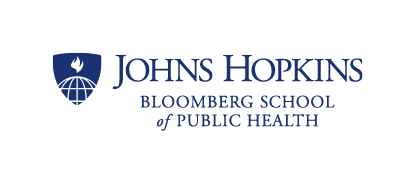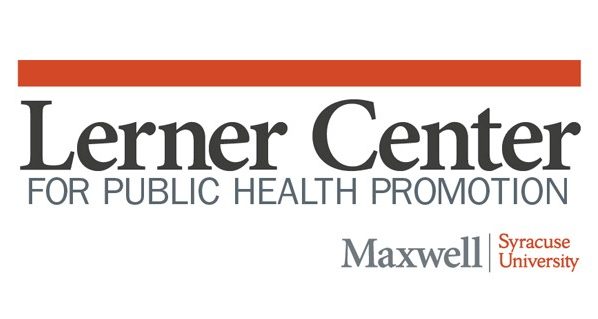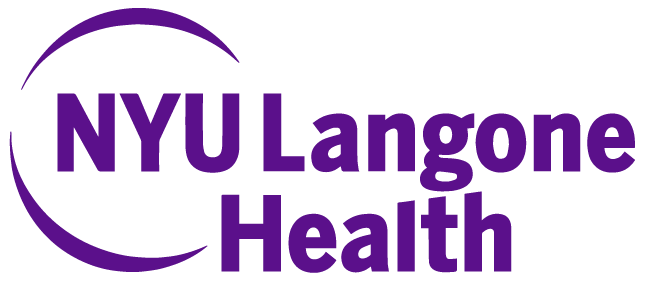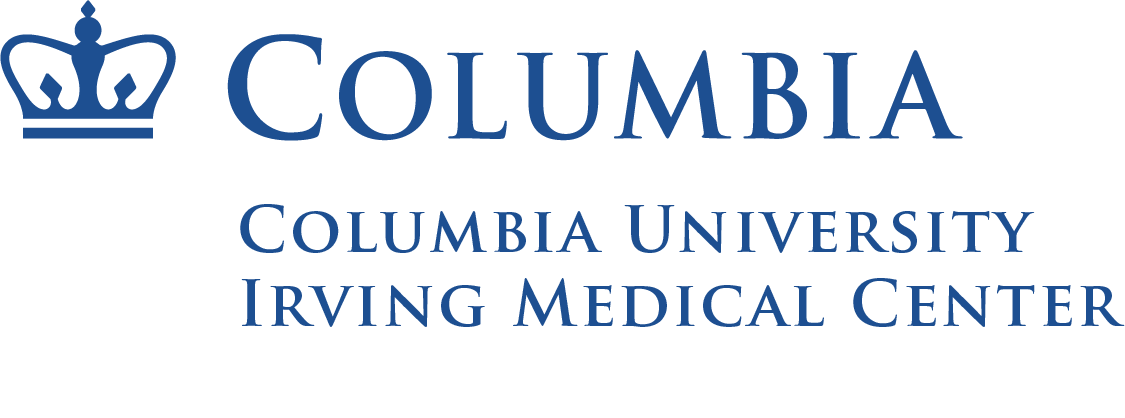

Public Health Partners
The Monday Campaigns works with a core group of public health and hospital partners who serve as scientific advisors and co-developers of our evidence-based programs and promotional resources.

The Johns Hopkins Lerner Center for Public Health Promotion trains faculty and students in the art and science of health promotion and advocacy and develops and disseminates innovative, effective health promotion and interventions that address key health issues. Signature projects include Quit & Stay Quit Monday, a program developed in partnership with the Institute for Global Tobacco Control, a stress management program for teachers in underresourced communities, an international online training on Healthy Monday for community professionals, a study on patterns of engagement with online health sites and Apps, and a range of nutrition programs, including calorie awareness and nutrition education in urban and low income areas.
The Johns Hopkins Center for a Livable Future (CLF) has been integrally involved with the Meatless Monday (MM) campaign as a technical advisor since its creation in 2003. In collaboration with our team, CLF conducts research and evaluates programs, as well as composes literature reviews, communication materials, scientific translations, and educational programming. CLF also drives the growth of MM by engaging, public health and nutrition science communities, presenting at conferences, and conducting workshops and webinars.
Since 1996 the Johns Hopkins Center for a Livable Future has been addressing some of the most pressing issues in the food system while advancing public health and protecting the environment. As an interdisciplinary academic center based within the Bloomberg School of Public Health, the Center for a Livable Future is a leader in public health research, education, policy and advocacy that is dedicated to building a healthier, more equitable and resilient food system.

The Lerner Center for Public Health Promotion at Syracuse University creates public health programs that are motivating, sustainable, and scalable, so they can be effectively replicated in community and national prevention programs. The Lerner Center takes a collaborative approach to health promotion, starting with a needs assessment and engagement of partners in program development and implementation. Key projects include instituting over 30 community Monday Mile routes in urban and rural areas, developing safer walking and recreational spaces in underserved communities, college campus programming related to mental and emotional health and stress management, and online resources which encourage setting and achieving group wellness goals.
Among the Lerner Center’s many contributions, its team produces frequent Population Health Briefs, highlighting current issues that impact public health.

The Lerner Center for Public Health Promotion at Columbia University is committed to the translation and implementation of evidence-based interventions, policies and messages. The Center conducts research, education, and service to improve health promotion and health communication practices. Key projects include a global initiative to educate girls about puberty and menstrual hygiene, community health initiatives within Washington Heights and Harlem, and executive training programming that enhances the communication and visualization skills of public health professionals. The Lerner Center offers two MPH Certificate programs. The Certificate in Health Communication enables students to use and integrate various communication methods and strategies and design, implement and evaluate health communication campaigns and interventions. The Certificate of Health Promotion Research and Practice trains students to conduct community needs assessments and design, implement and analyze health promotion and disease prevention programs.

The Lerner Health Promotion Program partners with The Monday Campaigns to share healthy behavior reminders with patients and staff on topics such as eating less meat, exercising more, reducing tobacco use, and limiting stress. The Lerner Health Promotion Program, Integrative Health Program also provide services including mind–body bedside care, acupuncture, guided imagery, massage, energy therapies, yoga, and more. Their staff of licensed professionals works with thousands of people per year, including thousands through the Mind–Body Patient Bedside Program and hundreds through the Prepare for Surgery, Heal Faster™ program.

At the Columbia University Irving Medical Center (CUIMC), the Center for Comprehensive Wellness is implementing Healthy Monday wellness programs for nurses, which offer simple practices to manage stress and maintain a healthy lifestyle. These health promotion programs grew out of CUIMC’s Integrative Therapies Program for Children with Cancer, the first at an academic medical center to systematically investigate integrative therapies and provide reliable information on integrative medicine to patients and their families. The original pilot program has since been expanded to several other adult and pediatric divisions within CUIMC and globally through the establishment of the Sid and Helaine Lerner Assistant Professorship for Global Integrative Medicine.
Organizations interested in developing a collaborative project with The Monday Campaigns may also benefit from the knowledge of these institutions. From program design and creative material to evaluations and published reports, organizations can develop more rigorous programming that reflects the experience of TMC and experts from these partners.